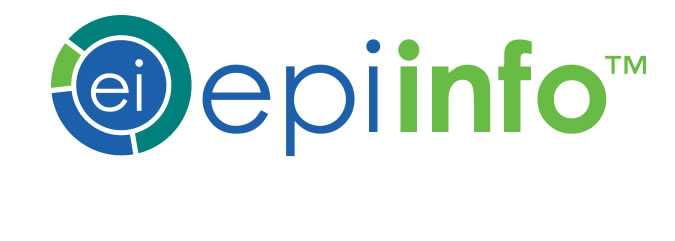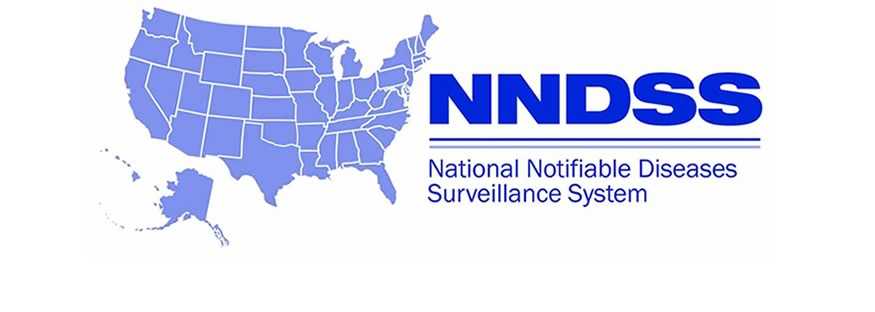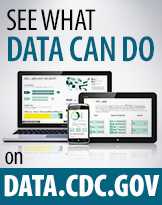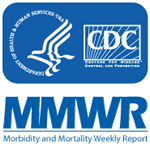The Surveillance Resource Center provides members of the public health surveillance community organized, easy access to guidance developed by CDC and its partners for improving the practice of surveillance. Public health surveillance refers to the collection, analysis, and use of data to target public health prevention. It is the foundation of public health practice.
Featured Surveillance Practice Resources
Access existing surveillance guidance documents selected by CDC surveillance experts. These documents are useful examples that can be applied to or adapted by surveillance programs across different topic areas. Documents will continue to be identified and added to the collection.
CDC Surveillance Strategy
A strategy for improving the Centers for Disease Control and Prevention’s activities in public health surveillance
Other Useful Links
Links to websites for CDC's surveillance partners, other surveillance resource websites, and training, such as:
Surveillance Information for State, Tribal, Local, and Territorial Public Health Professionals
CDC surveillance systems with public-facing websites
CDC Data & Statistics
CDC data sources (interactive databases, surveys, surveillance systems)
CDC Publications
CDC publications (e.g., Emerging Infectious Diseases Journal, MMWR, Preventing Chronic Disease)
CDC Vital Signs
Data and calls to action for monthly topical public health issues
Data Sources Index (CDC WONDER)
A-Z index of data sources available and descriptions
Have Resources to Share?
Submit questions, feedback, or resources for consideration to SurveillancePractice@cdc.gov.
Surveillance Publications
Gulf States Population Survey. The CDC Gulf States Population Survey (GSPS) was a 12-month (December 2010 to December 2011) telephone survey of adult residents in Florida, Alabama, Mississippi and Louisiana. The survey was conducted to provide information about the mental and behavioral health status of the population in coastal areas most directly affected by the April 2010 Deepwater Horizon oil spill in the Gulf of Mexico. All GSPS results are available in a report titled Behavioral Health in the Gulf Coast Region Following the Deepwater Horizon Oil Spill published jointly with the Substance Abuse and Mental Health Services Administration.
National Strategy for Biosurveillance. CDC's role in supporting the strategy is to continue making the best use of electronic health data, managing unstructured health data, integrating biosurveillance data so health-related information can be shared rapidly, and strengthening global disease detection and cooperation with global health partners.
CDC's Vision for Public Health Surveillance in the 21st Century. This MMWR supplement summarizes the deliberations of CDC scientists who met in September of 2009 to recommend a strategic framework for advancing public health surveillance in the 21st century.
- Page last reviewed: October 31, 2016
- Page last updated: October 21, 2015
- Content source:


 ShareCompartir
ShareCompartir










